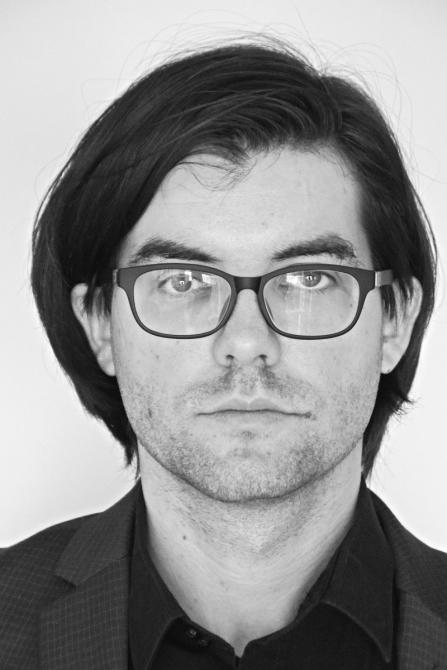24 February 2022 Russia has officially invaded Ukraine. That day we found ourselves in a new reality. War, something we knew from stories and history lessons, affected our neighbour.
Violetta Kulik: Professor, shocking reports from across the eastern border woke us up on 24 February 2022. How did this day change our ideas about safety?
Prof. Miron Lakomy: It changed them on many levels. If I were to point out the most important changes in this area, it probably proved that full-scale war is still a major threat to international security. After the end of the Cold War, there was a widespread belief, especially in the West, that military threats may manifest themselves mainly in internationalised internal conflicts, most often in parts of the world distant from Europe. It was emphasised that long-term inter-state conflicts are becoming less frequent. Meanwhile, 24th of February 2022 proved that the threat of large-scale armed aggression is real. And this is happening right on the doorstep of NATO and the European Union. In other words, Russia’s invasion of Ukraine restored the importance of classically understood military security. It also undermined the sense of many “trendy” narratives regarding this subject before 2022. This applies to, among others, voices pointing to the small importance of the size of the armed forces in the perspective of modern wars or the twilight of armoured forces.
Violetta Kulik: “The war brings out extraordinary empathy from Polish society” – this is what the media wrote from the day the war broke out in Ukraine. Cities, universities, all of Poland started to support our neighbour. Images of suffering and news of further crimes against the Ukrainian nation are still reaching us. A year after the aggression, is our society still showing support?
Prof. Miron Lakomy: Of course, our society continues to show support, which, especially in the first months after the outbreak of the conflict, has reached an unprecedented scale. Unfortunately, not everyone in Europe appreciated it. However, based on recent research, it can be concluded that the level of public involvement has slowly started to decline, which can be explained by many factors, including weariness of war and difficult economic situation. However, there have been no major changes here.
It should be emphasised that in the current situation a different type of support is of key importance. What I mean is direct military, economic and technical assistance that Poland is constantly providing to Ukraine.
Violetta Kulik: Will 2023 be the year when the war started by Russia ends in victory for the attacked Ukraine?
Prof. Miron Lakomy: It is impossible to answer this question at the moment. There is a relative balance on the front right now. The Russian effort (including PMC Wagner) is focused on taking over Bakhmut. The costs of fighting for this city are enormous for both sides.
Most likely, however, this year will me marked by final decisions. According to available information, both sides of the conflict are preparing for the spring offensive. The situation on the front in the coming weeks and months will depend on many factors, including weather in the Donbas, the pace of deliveries of Western arms to Ukraine, the training of Ukrainian soldiers, as well as the mood among the Western – mainly American – political elites.
Violetta Kulik: Will Russia be held accountable for its actions?
Prof. Miron Lakomy: Despite the enormous scale of Russian crimes in Ukraine, I sincerely doubt that the perpetrators of these crimes will be brought to justice.
Violetta Kulik: Thank you very much for the interview.
Prof. Miron Lakomy






